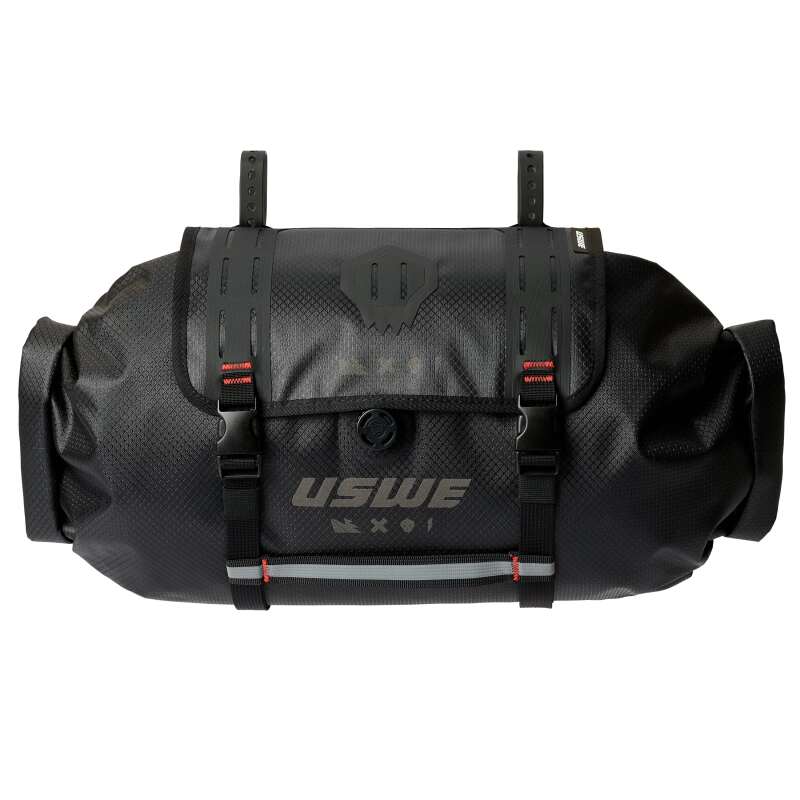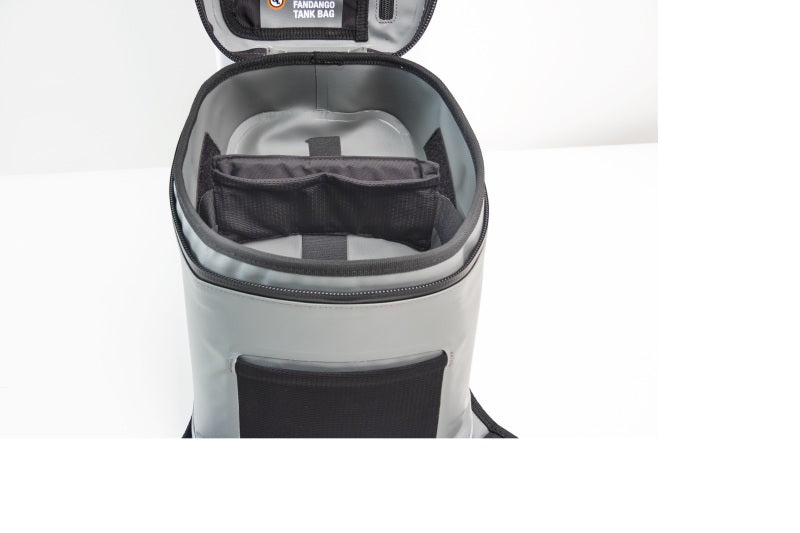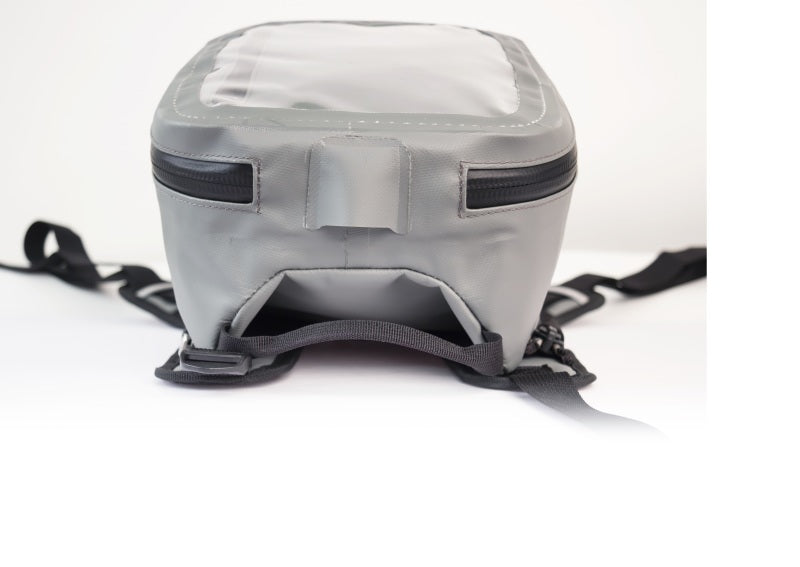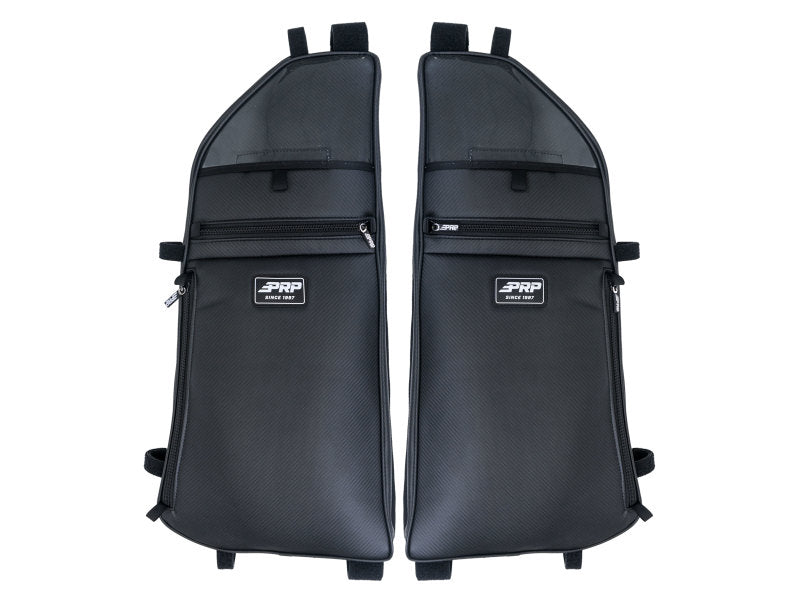When you're driving, your car's suspension keeps you safe. But if you ignore its warnings, you could get hurt. So, how do you know when your suspension needs fixing?
Look for uneven tire wear. If your tires wear down differently, that's a sign.
You might also feel vibrations when you steer or feel like your car is bouncing around after a bump.
When you take a turn, does your car lean too much to one side? That's another sign.
If you notice any of these things, it's time to take your car to a mechanic. Your suspension is trying to tell you something, and you need to listen.
Key Takeaways
• Uneven tire wear patterns can indicate worn-out suspension components that need repair or replacement.
• Difficulty steering or vibrations while driving may signal suspension problems that require attention.
• Nose dives or rear squats when braking or accelerating can be signs of worn-out shock absorbers or struts.
• Body roll when taking turns or bouncing after bumps can indicate worn-out suspension bushings or mounts.
• Swaying or sagging after hitting a bump may indicate worn-out shocks, struts, or springs that need repair or replacement.
Uneven Tire Wear Warning Signs
When you see uneven tire wear, it's a big warning sign. One side of the tire wears down faster than the other. This means your car's suspension system has a problem.
The suspension isn't working right, so the weight of the car isn't evenly distributed. This causes uneven pressure on the tires, making them wear down faster on one side. You might see bald spots or wavy patterns on the tires.
If you catch this problem early, you can fix the suspension and avoid premature tire wear. Your car will run smoothly and safely.
Difficulty Steering or Vibrations
When you're driving, you might feel your car pulling to one side or wobbling. This can mean your suspension system is having trouble keeping your car stable. Worn-out parts can cause this problem. If your car is swaying when you turn or driving in strong winds, it's a sign of trouble.
If your car feels shaky or hard to steer, it's a warning sign. This can lead to accidents because you might lose control of your car. When you feel vibrations or have trouble steering, get your suspension system checked.
Bad suspension parts can cause you to lose control of your car, putting you and others in danger. Don't ignore these warnings - get them fixed quickly to stay safe on the road.
Nose Dives or Rear Squats Occur
If your car dips down in the front when you brake or lifts up in the back when you accelerate, it's a sign that something is wrong with the suspension system. This can cause problems with how your car handles and stops.
You should get this fixed right away because it can cause three big problems:
-
Longer stopping time: If your car dips down in the front, it can take up to 20% longer to stop. That's a big deal!
-
Loss of control: When your car dips or lifts, it's harder to control. This can be super scary, especially if you need to make a quick turn or stop.
-
Accidents can happen: If you don't fix this problem, you could get into an accident. So, it's really important to get it fixed to stay safe on the road.
Body Roll When Taking Turns
When you take a sharp turn, does your car lean too much to one side? This is called body roll, and it's not good for your car's stability. Body roll happens when your car's suspension isn't working right.
The suspension is like a system of shock absorbers that helps your car stay stable and smooth when you drive.
When your suspension is working correctly, your car will lean just a little bit when you turn. But if your suspension is worn out or broken, your car will lean way too much. This makes it harder to control your car and can be dangerous.
If you notice your car leaning too much when you turn, you should get your suspension checked. Don't ignore it, or it could cause even bigger problems later on. Get it fixed, and you'll be safer on the road!
Bouncing or Swaying After Bumps
When you hit a bump, your car should absorb the shock smoothly. If your car keeps bouncing or swaying after a bump, it's a sign that something is wrong with the suspension system. A good suspension system helps your car ride smoothly, even on bumpy roads.
If your car is bouncing or swaying excessively, don't ignore it. Here's why:
Your car's springs or struts might be worn out. If they're not working right, your car will keep bouncing.
This problem can be dangerous. If your car is bouncing around, you might lose control and get into an accident.
If you ignore this problem, it can cause other parts of your car to wear out faster. That means you'll have to pay for more repairs sooner.
Leaking Fluid or Damaged Shocks
If you see fluid leaking from your car's shocks or struts, it's a big problem. This leak means your car's suspension system is in trouble. When shocks get damaged, they can leak oily stuff, which hurts how your car handles and rides. This is a sign that your suspension needs fixing right away.
Leaks from shocks or struts mean the seals are broken and parts are worn out. If you don't fix it, it can get worse and cost more to repair later.
Don't wait – have a good mechanic check and fix your suspension system. This will keep you safe on the road.
Unusual Noises or Clunking Sounds
When you're driving and you hear weird noises or clunking sounds, it's like your car is trying to tell you something - and it's not good news! Those knocking or clunking noises you're hearing might mean that some parts of your car's suspension system are worn out.
If you hit bumps and your car makes strange sounds, it could mean there's a problem with your suspension system. And if you've been driving on rough roads and now your car is making weird noises, it might be trying to tell you that something is wrong.
Here are three signs that your car's suspension system needs help:
-
Knocking or clunking noises: These sounds mean that some parts of your suspension system are worn out, and that can make your car less safe to drive.
-
Weird sounds when you hit bumps: If your car makes strange noises when you drive over bumps, it might mean there's a problem with your suspension system.
-
Weird noises after driving on rough roads: If you've driven on rough roads and now your car is making strange noises, it might mean your suspension system needs to be fixed.
Don't ignore these warning signs! If you're hearing any of these weird noises, you should get your suspension system checked and fixed to make sure you're safe on the road.
Poor Wheel Alignment Issues
If your steering wheel pulls to one side or vibrates when you drive, it might be a sign that your car's wheels are not straight. This can cause uneven wear on your tires and make it harder to steer. It's an easy problem to get, especially if you hit curbs, potholes, or drive on rough roads.
| What Happens When Your Wheels Are Not Straight | What You Might Notice | What It Can Cause |
|---|---|---|
| Your steering wheel pulls to one side | Your tires wear down faster, and your car drifts | Uneven tire wear, reduced vehicle control |
| Your steering wheel vibrates | You lose control of your car, and your suspension gets damaged | Decreased vehicle stability, suspension damage |
| Your car drifts to the left or right | Your tires don't last as long, and they wear down unevenly | Reduced tire life, uneven tire wear |
Getting your wheels aligned regularly can save you from bigger problems later on. If you notice any of these things happening, you should get your wheels aligned as soon as you can. If you ignore the problem, your tires will wear out faster, and your car won't be as safe to drive. By keeping your wheels aligned, you can drive smoother and safer.
Visible Signs of Wear or Damage
Check Your Car's Suspension
Your car's suspension system is like its backbone. It helps you drive smoothly and safely. But, just like our bodies, it can get worn out or damaged. That's why it's essential to inspect it regularly.
Look for These Signs of Trouble
If you notice any of these signs, get them fixed quickly to avoid more problems:
-
Leaks: Check for oil or fluid stains around the shocks, struts, or springs. If you see any, it means something is leaking!
-
Cracks or Damage: Inspect your suspension parts for cracks, dents, or rust. These can make them weak and affect how they work.
-
Worn-Out Parts: Look for worn-out parts like bushings, loose bolts, or broken springs. These can make your car unstable and hard to handle.
Increased Stopping Distance Risks
Worn-out suspension parts can make your car take longer to stop. In fact, it can add up to 20% more distance! This is a big deal because it can put you in danger on the road.
When you press the brake pedal, a bad suspension can make your car nose-dive or rear-squat. This can cause accidents. Uneven weight in your car can also make it harder to stop quickly and safely.
To stay safe, you need to take care of your car's suspension. If you don't fix problems, you might get into an accident.
Fixing suspension problems on time can prevent accidents and help you stop quickly.
Every extra foot you need to stop can be the difference between a close call and a bad accident. Don't risk your safety - fix suspension problems right away.
Frequently Asked Questions
How Do You Know When a Suspension System Needs Repair?
You know your car's suspension needs repair when you notice uneven tire wear, difficulty steering, nose dives, body roll, or a bouncy ride, as these signs indicate potential issues with your suspension system.
What Are Signs of Worn Out Suspension?
You'll notice signs of worn-out suspension when you experience uneven tire wear, difficulty steering, nose dives or rear squats, body roll, and bouncing after hitting bumps, indicating it's time for a suspension system repair.
How to Tell if a Car Needs a New Suspension?
You can tell if your car needs a new suspension by checking for signs like uneven tire wear, rough rides, and clunking noises. Perform the bounce test, inspect for leaks, and look for dips during braking to determine if repair is needed.
What Does Bad Car Suspension Feel Like?
You'll feel every bump in the road as a rough, uncomfortable ride, and steering might be difficult, especially at low speeds, making you wonder if your car's suspension is failing, affecting your overall driving experience.





